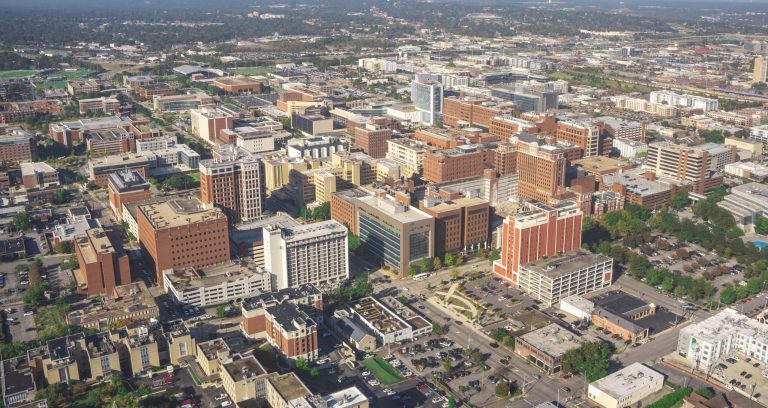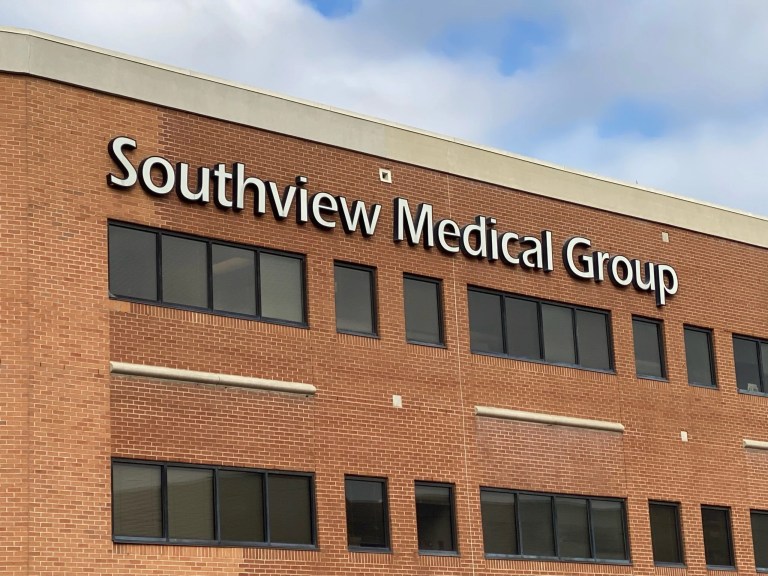UAB creates promising inhaled monoclonal antibody for COVID-19
Reading time: 3 minutes

We’ve heard a lot about upcoming vaccines that will help lower your chances of getting the COVID-19 virus. But what if you do contract it? Are there at-home treatment options available? With UAB taking the reins, there appears to be some promise on the horizon—and it comes in the form of an inhalant.
According to UAB, they have created an inhaled monoclonal antibody treatment for COVID-19 that has shown therapeutic efficacy in preclinical testing.
The new form of therapy is a joint effort of UAB and the Texas Biomedical Research Institute of San Antonio.
Administered like an asthma treatment, the antibody is delivered directly to the lungs—the main target of the COVID-19 virus.
“Having a convenient way to self-medicate — with the simplicity of an asthma treatment, where the drug is delivered directly to the infection site — can have a transformative impact on the lives of patients, including their morbidity and mortality, treatment coverage, and ultimately reduction in transmissibility.”
Vu Truong, Ph.D., CEO, Aridis
What is a monoclonal antibody?

Confusing, isn’t it? Well, it works like this.
When you get sick, your body’s immune system takes over and produces a large number of antibodies that work to fight off the foreign substances that are infecting your body and making you feel crummy.
But there are also man-made antibodies that when administered, treat diseases and even some cancers.
The monoclonal antibody is a man-made antibody that works to fight off the COVID-19 virus.
Behind the Inhaled Treatment

So, who is behind the inhaled monoclonal antibody treatment? It was jointly discovered by research teams led by:
- James J. Kobie, Ph.D., associate professor in the UAB Department of Medicine Division of Infectious Diseases
- Mark Walter, Ph.D., professor in the UAB Department of Microbiology
- Luis Martinez-Sobrido, Ph.D., a professor at the Texas Biomedical Research Institute
Due to its efficacy, the treatment has been licensed for development to Aridis Pharmaceuticals Inc. in San Jose, California. The biopharmaceutical company developed the proprietary stabilized formulation for the inhaled treatment and engineered the molecule to be long-acting, so it can remain effective for up to six months or longer.



